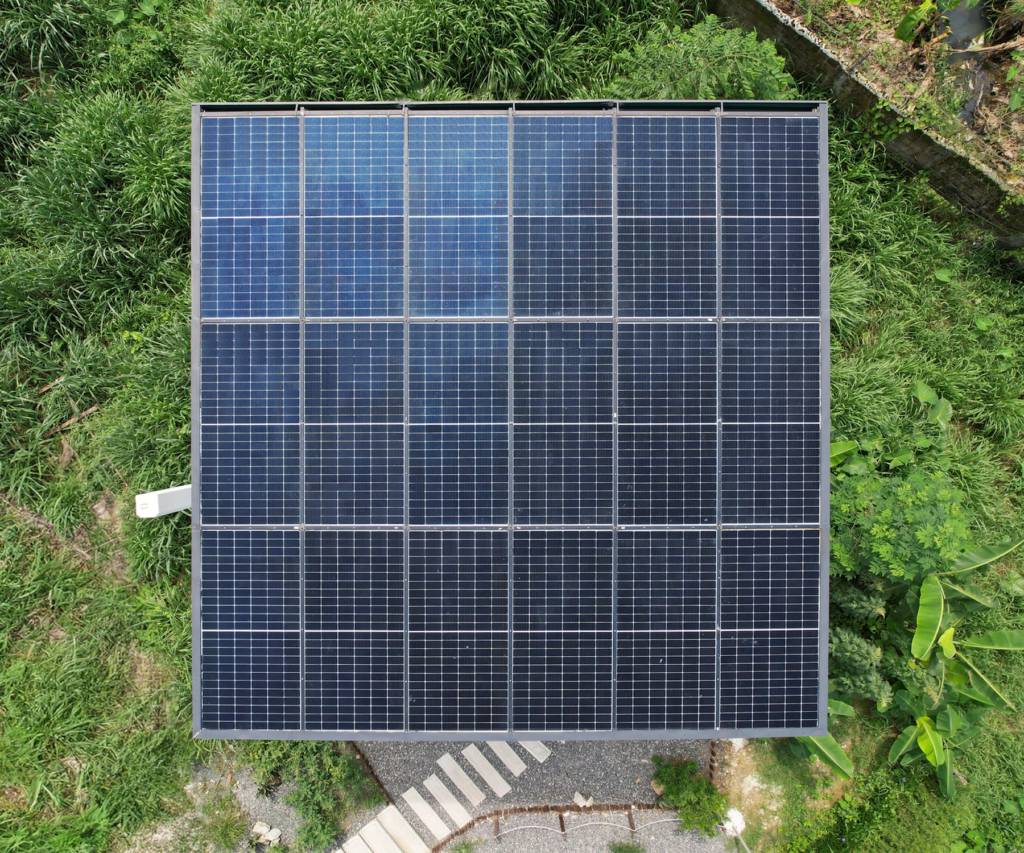Net zero lifestyle is a way of living that aims to reduce or offset an individual’s carbon footprint to zero, meaning that they are not contributing to global warming. This lifestyle involves making conscious choices to reduce energy consumption, waste production, and greenhouse gas emissions.
Adopting a net zero lifestyle can have significant health benefits. By reducing our carbon footprint, we reduce the number of harmful pollutants in the air, which can cause respiratory problems and other health issues. Additionally, adopting a net zero lifestyle can increase our physical activity, as people are encouraged to walk, bike, or use public transportation instead of driving. In general, living a sustainable lifestyle has a positive impact on both the environment and personal health.
Improved Air Quality Due to Less Carbon Emission
One significant benefit of adopting an eco-friendly lifestyle is the improvement in air quality that comes with reduced carbon emissions.
Carbon emissions are a major contributor to air pollution, which can cause a range of health problems, from respiratory issues to heart disease and stroke. According to the World Health Organization (WHO), outdoor air pollution caused an estimated 4.2 million premature deaths worldwide in 2016.
By reducing our carbon footprint, we can help to improve air quality and protect our health. Net zero lifestyle involves making choices to reduce energy consumption, waste production, and greenhouse gas emissions. This can include using renewable energy sources, reducing vehicle usage, and eating a more plant-based diet.
Research has shown that reducing carbon emissions can lead to significant improvements in air quality. For example, it was found that implementing a net zero emissions policy in the United States by 2050 could prevent up to 175,000 premature deaths each year due to improved air quality.
Another study published in the journal Lancet Planetary Health found that reducing carbon emissions could prevent over 3 million premature deaths worldwide each year by 2100. The study found that the biggest health benefits would come from reducing emissions from the energy and transportation sectors.
Impact of Net Zero Lifestyle on Physical Health
One of the primary ways a net zero lifestyle can impact physical health is through increased physical activity. People who adopt a net zero lifestyle often walk or bike more, and may also use public transportation more frequently. This increased activity can lead to improved cardiovascular health and reduced risk of obesity.
Additionally, spending more time outdoors, which is often encouraged by a net zero lifestyle, can have positive impacts on mental health. Being in nature has been shown to reduce stress and improve mood, which can have indirect benefits for physical health as well.
Sustainable and Healthy Diet
A key aspect of simple sustainable living is focused on sustainable and healthy eating habits, which can have a significant impact on both personal health and the health of the planet.
A sustainable and healthy diet is the first step to sustainable living. It emphasizes plant-based foods, reduces food waste, and minimizes the environmental impact of food production. Eating this way can help reduce greenhouse gas emissions and promote a healthier, more sustainable food system.
A plant-based diet is one that emphasizes whole, minimally processed foods, such as fruits, vegetables, whole grains, nuts, and seeds while limiting animal products. This type of diet is often associated with lower rates of chronic diseases, such as heart disease, type 2 diabetes, and some types of cancer.
In addition to the health benefits, a plant-based diet is also more environmentally sustainable. Animal agriculture is a significant contributor to greenhouse gas emissions, and producing meat requires significantly more resources than producing plant-based foods.
How Can We Adopt a Net Zero Lifestyle
Adopting a net zero lifestyle may seem like a daunting task, but it’s easier than you think. One of the simplest ways to reduce your carbon footprint is to reduce your energy consumption by using energy-efficient appliances, turning off lights and electronics when not in use, and using natural lighting and ventilation.
Additionally, using sustainable transportation methods such as walking, cycling, or public transport instead of driving a car can also have a positive impact on the environment. Conserving water is another important way to live a net zero lifestyle. Reducing waste is also a key component.
Lastly, choosing sustainable products such as locally produced and organic foods, eco-friendly cleaning products, and energy-efficient appliances can also make a difference. By making these simple changes, we can all work together toward a more sustainable future.
Sources
-
World Health Organization. (2018). Ambient air pollution: Health impacts. Retrieved from https://www.who.int/airpollution/ambient/health-impacts/en/
-
Energy Innovation (n.d.). Net-zero emissions energy systems. Retrieved from https://energyinnovation.org/wp-content/uploads/2018/07/Davis-et-al_Science2018_net-zero-emissions-energy-with-Suppl.pdf
-
The Lancet. (2018). The Lancet Commission on pollution and health. Retrieved from https://www.thelancet.com/pdfs/journals/lancet/PIIS0140-6736(17)32345-0.pdf
-
Sallis, J. F., Floyd, M. F., Rodríguez, D. A., & Saelens, B. E. (2012). Role of built environments in physical activity, obesity, and cardiovascular disease. Circulation. Retrieved from https://www.ahajournals.org/doi/10.1161/circulationaha.110.969022
-
Johns Hopkins Bloomberg School of Public Health. (n.d.). The Connections between Diet, People and Planet. Retrieved from https://clf.jhsph.edu/projects/technical-and-scientific-resource-meatless-monday/connections-between-diet-people-and-planet





